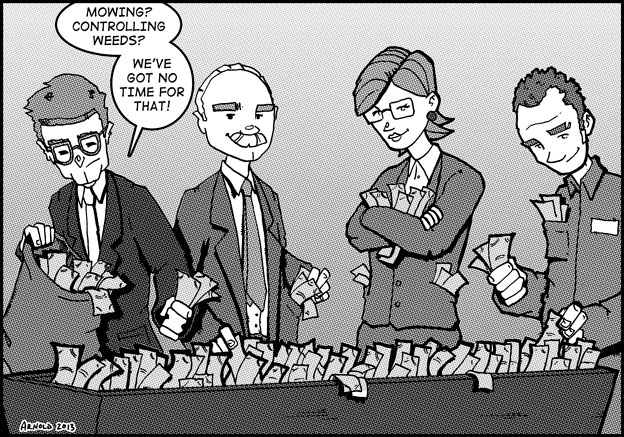;
;
;

Calling Stephen Harper and his party ethically challenged would be an understatement. Critics have been pointing out examples of unethical behaviour for years. Conservative supporters have been sweeping them under a rug for just as long. Now, there’s so much blood in the water not even the most part
Last updated on May 04, 23
Posted on May 31, 13
2 min read
